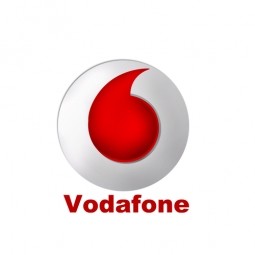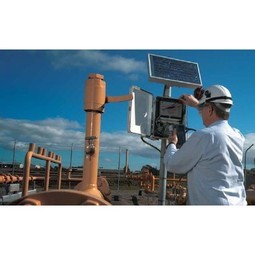Vodafone
Case Studies
GPRS Mobile Network for Smart Metering
Overview
 |
GPRS Mobile Network for Smart MeteringVodafone |

|
Networks & Connectivity - Cellular Platform as a Service (PaaS) - Data Management Platforms Sensors - Utility Meters | |
Utilities | |
Business Operation | |
Advanced Metering Infrastructure | |
Operational Impact
| [Data Management - Data Collection] Detailed smart meter data allows energy suppliers to use tiered pricing to encourage off-peak energy usage. | |
| [Cost Reduction - Energy] AMS’s smart metering solution provides a cost-effective mechanism for environmentally minded consumers to recover a fee for power they feed back into the network. | |


